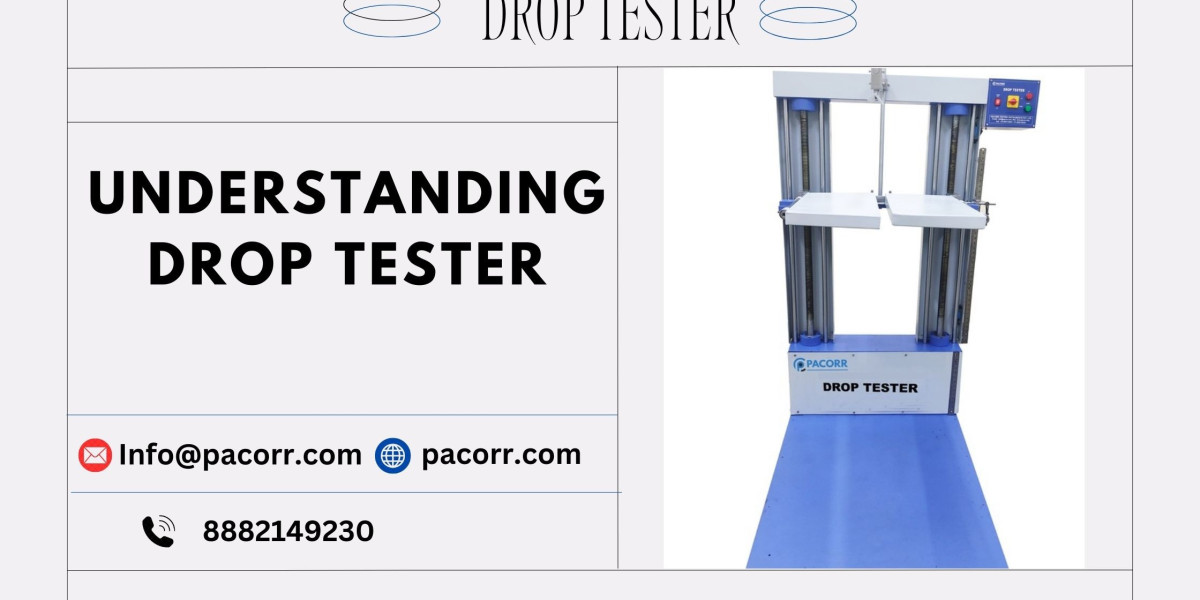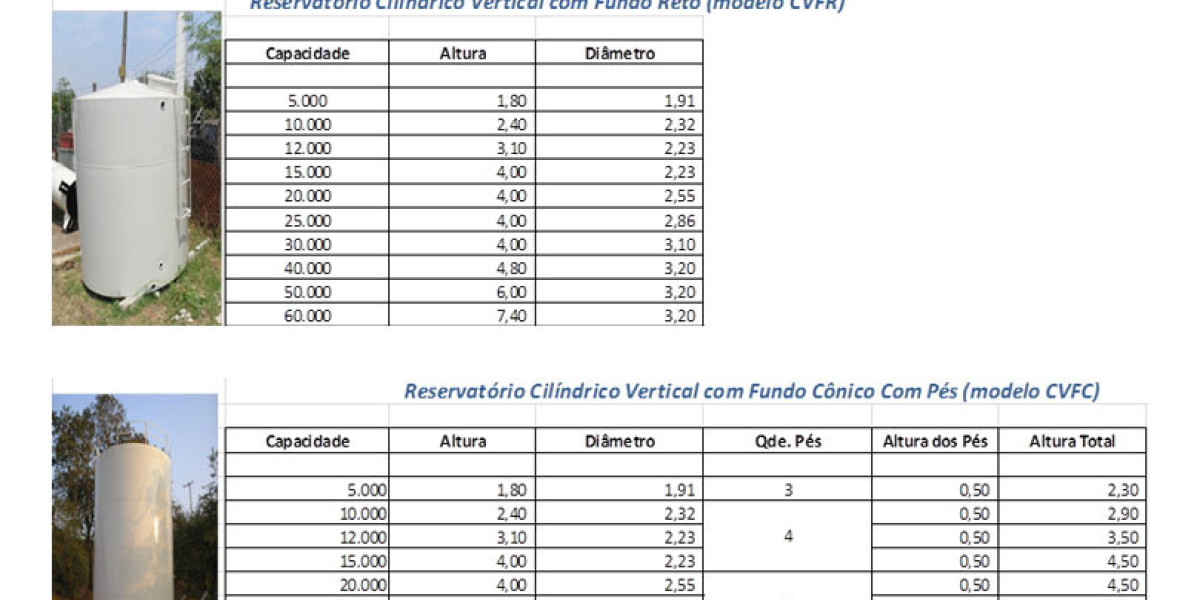However, utilizing the DISC profile assessment can help you gain insights into how staff members handle conflict and work collectively to search out effective options. There are many technology instruments available that may assist remote teams keep related and collaborate effectively. Using the DISC profile assessment can help you higher perceive your staff members’ decision-making processes, mode of working, interplay fashion, and much more. From understanding what it’s, to how it works, and the method to use it effectively in your workplace. The frequency of DISC assessments can range based mostly on the team's wants. It's beneficial to reassess periodically, particularly when there are significant changes in the group or its objectives.
Why Is Understanding Your DISC Profile Necessary?
Everything DiSC also measures priorities (the words across the circle), offering more nuanced and memorable suggestions in profiles.
Different Types of Behavior for Each Type of DISC Personality
For example, someone with Dominance–or the D persona type–is more likely to consider themselves a pure leader and aspire for leadership degree roles. They are normally extra inclined to see the big picture, make strategic choices, and tackle dangers in the occasion that they think the payoff might be value it. They tend to be confident, direct, pushed, and place more emphasis on carrying out bottom-line results. The DiSC behavioral model was first outlined by William Moulton Marston, a physiological psychologist and Harvard Ph.D. (and the creator of Wonder Woman), in his 1928 book, Emotions of Normal People. Marston believed that understanding your main behavioral trait would allow you to understand and handle your experiences, and foster higher relationships.
Understanding and utilizing the best DISC personality profile could make an enormous difference in phrases of reaching success at work. After all, there are so many various varieties of personalities out there – and everybody is unique of their way. Choosing the right DISC character profile for your self or your group can be very challenging. Free Resource LibraryAccess our extensive collection of useful sources for immediate assist in your private and skilled growth. Uncover your strengths and weaknesses with our complimentary evaluation. For instance, if one team member has a dominant type whereas another has a more conscientious fashion, they may have totally different approaches to problem-solving that would lead to battle.
Do the four DiSC colors mean anything?
I-style people tend to be outgoing, warm, energetic, and talkative. Learn the 9 types of open-ended questions for facilitators, with examples, and see a list of sample open-ended facilitation questions. Get facilitation support, ideas, product data, and updates from the leader in Everything DiSC®️. The DISC model, proposed by William Moulton Marston, isn't covered by copyright. He never created any assessment primarily based on his model, however others have carried out so with varying outcomes.
 The Future of Family Constellation Therapy
The Future of Family Constellation Therapy Diving into the world of household constellation therapy, it’s not all clean crusing. Some of us query the scientific validity of this method, Walsallads.Co.Uk others bring up ethical considerations. These ideas lay down the framework for a way therapists approach problems in this distinctive mode of treatment. By unraveling sophisticated familial ties and addressing unsettled ancestral trauma, they purpose to revive stability and enhance mental well-being. Hellinger’s work with Zulu tribes influenced his understanding of how household methods function.
Is Systemic Constellations Therapy Evidence-Based?
As we continue exploring various therapeutic methods throughout this article sequence, keep these insights in mind and contemplate how they may apply to your personal life or healing journey. That being stated, it’s value noting that whereas FCT may be highly effective, it isn’t for everyone. Some folks find these periods intense or uncomfortable due to the nature of their personal household history. Whether it’s through remedy, support teams, or simply reaching out to others who perceive, there might be hope. With endurance, self-compassion, and the proper assist, it’s potential to heal not only for ourselves, but also for the generations to come.
Family Constellation Therapy stands as a beacon of hope and healing in an increasingly complicated world, offering a transformative path to self-discovery and liberation. By integrating spirituality and ancestral knowledge into therapeutic apply, this modality provides a holistic framework for addressing deep-seated patterns and conflicts within household methods. Family Constellation Therapy is a strong and transformative method designed to deliver to mild the deeply embedded patterns and unconscious dynamics current inside familial techniques. Originating from the insights of Bert Hellinger, this modality uncovers the indelible impact our familial lineage exerts on our contemporary existence. It’s grounded in the perception that lots of our private challenges — emotional, psychological, or even physical — have their roots within the traumas, unresolved issues, and patterns of our ancestors. Family dynamics can deeply affect who we are—often in methods we don’t absolutely understand. The unspoken and unresolved points from previous generations can leave emotional imprints, inflicting psychological, emotional, and even physical challenges that persist throughout time.








